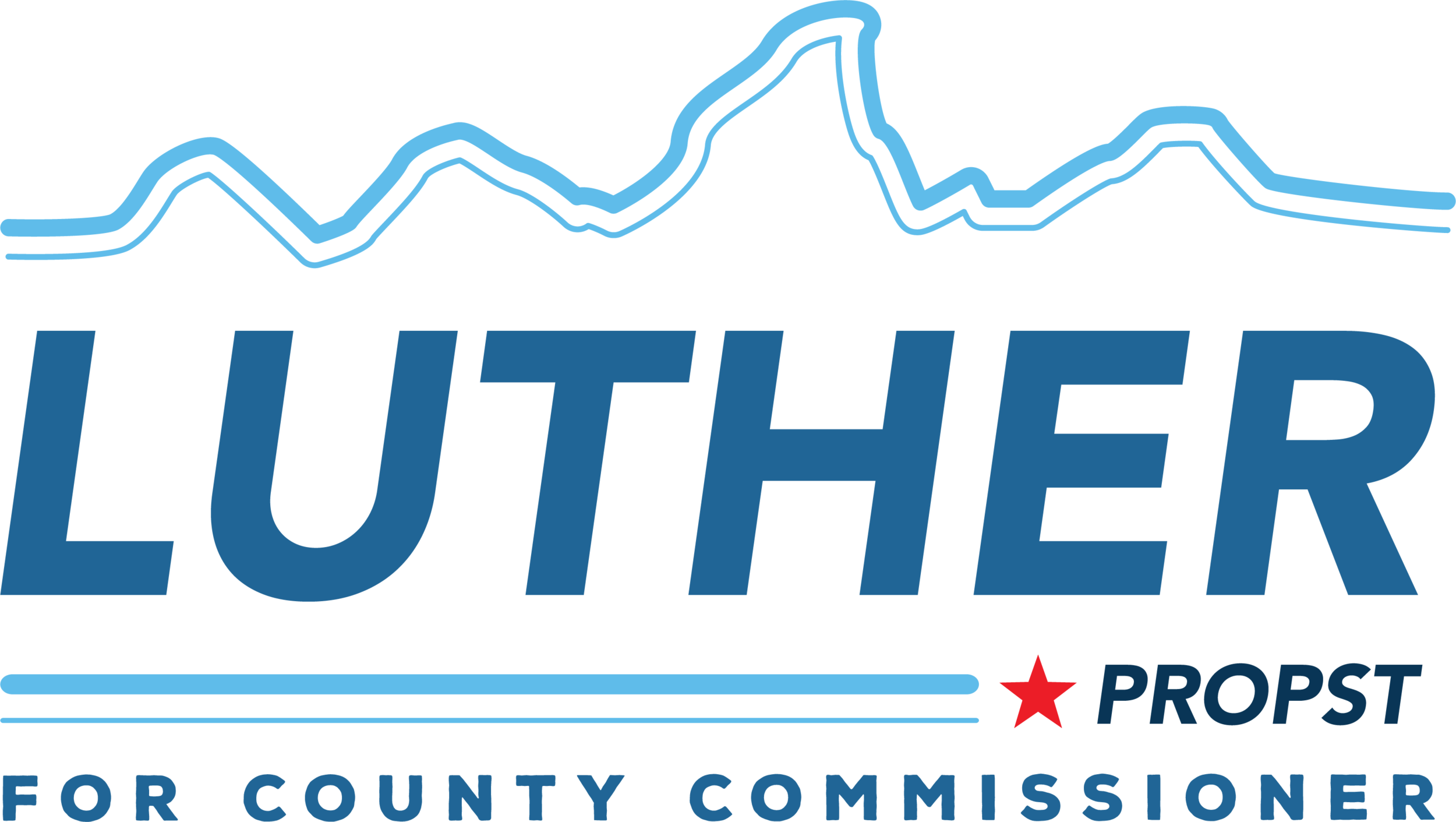Perspectives on the Lodging Tax
If the voters decide to eliminate the lodging tax, the only certain outcome is that Teton County and the Town of Jackson will lose almost $3 million in annual revenue.
This revenue from the lodging tax supports critical public services that are funded to mitigate impacts of tourism, but are actually much more central to the community than just tourism mitigation (e.g. search and rescue, fire/EMS, public transportation, pathways).
If the lodging tax is eliminated, the county will have to reduce spending or look to other sources of revenue.
Beyond the loss of revenue, the impacts – both positive and negative – are speculative. For example:
I have seen no convincing evidence that eliminating the promotion funded by the lodging tax will provide relief from traffic congestion, overcrowding, or other impacts that cause me and many others much consternation. Several factors provide some evidence that tourism in Teton County will continue to grow with or without the promotion funded by the lodging tax , but we will have to shift the cost of addressing impacts to other sources of revenue or reduce expenditures.
Most analysts see continued growth in regional and global tourism (until the next recession). Grand Teton and Yellowstone national parks are popular destinations and will remain so, regardless of our promotion efforts.
Almost absent from the local discussion of the lodging tax is discussion of other funding that markets this region. First, the state of Wyoming spends more than $6 million annually promoting tourism, mostly targeting northwest Wyoming and directing 90% of the funds to summer promotion.
The federal government (i.e. Brand USA) and the private sector (e.g. national park concessioners) also spend millions marketing our region.
I have reviewed the expenditures of the Travel and Tourism Board. My impression is that they actually do focus on promotion in winter and the shoulder seasons. I am not convinced that eliminating their promotion budget will have an appreciable impact on summer visitation to the Valley. Yellowstone and Grand Teton National Parks will remain global attractions for summer tourists. My impression is that eliminating the promotion funded by the lodging tax will reduce visitation in the shoulder seasons (e.g. the SHIFT conference, regional soccer tournaments).
On September 26, the Teton County delegation to Cheyenne (Leland Christensen, Mike Gierau, and Andy Schwartz) wrote a Guest Shot in which they contend that, due to long-term, continuing decline in revenue from energy development, the mood in Cheyenne is very different now than it was in the late 1990s when the legislature authorized a 60/40 split in Teton County, rather than the 90/10 split, which applies to the other 22 counties in Wyoming. The legislature made this decision when the state was financially much better positioned than it is today.
I fear that eliminating the lodging tax in 2018 is just as likely to prompt the legislature, perhaps more likely, to redirect that tax to the state, perhaps for promotion, than to give us added flexibility in collection and allocation of local revenue from a lodging tax. In any case, conjecture about how the legislature will respond are speculative. In short, I see no compelling evidence that eliminating our local lodging tax will improve our negotiating position with the legislature vis-à-vis getting broader flexibility with the lodging tax.
From my perspective, the best way to address the dilemma of tourism promotion is:
Teton County should take a more assertive approach to managing the impacts of tourism and population growth in the county and region (e.g. continue to shift commercial zoning to housing, secure private and public funds to purchase and retire development rights, adhere to the vision of the comprehensive plan, create a summer bus system for tourists, and reduce wildlife vehicle collisions). Reduced revenue will undermine efforts to do so.
The continuing decline in the production of coal and the volatility in the oil and gas industry makes the revenue situation for the state of Wyoming precarious. For the first time in years, the legislature is actually engaged in policy development aimed at raising new revenue and diversifying the state’s revenue streams. Teton County should advocate for the authority to levy a higher lodging tax and to allocate the lodging tax according to our local judgment. Teton County should also encourage the legislature and department of tourism to shift their $6 million per year in tourism promotion away from promoting summer tourism to Teton County.
Wyoming will likely soon have a new Attorney General. Teton County should use this transition to advance a more flexible working definition of promotion.

